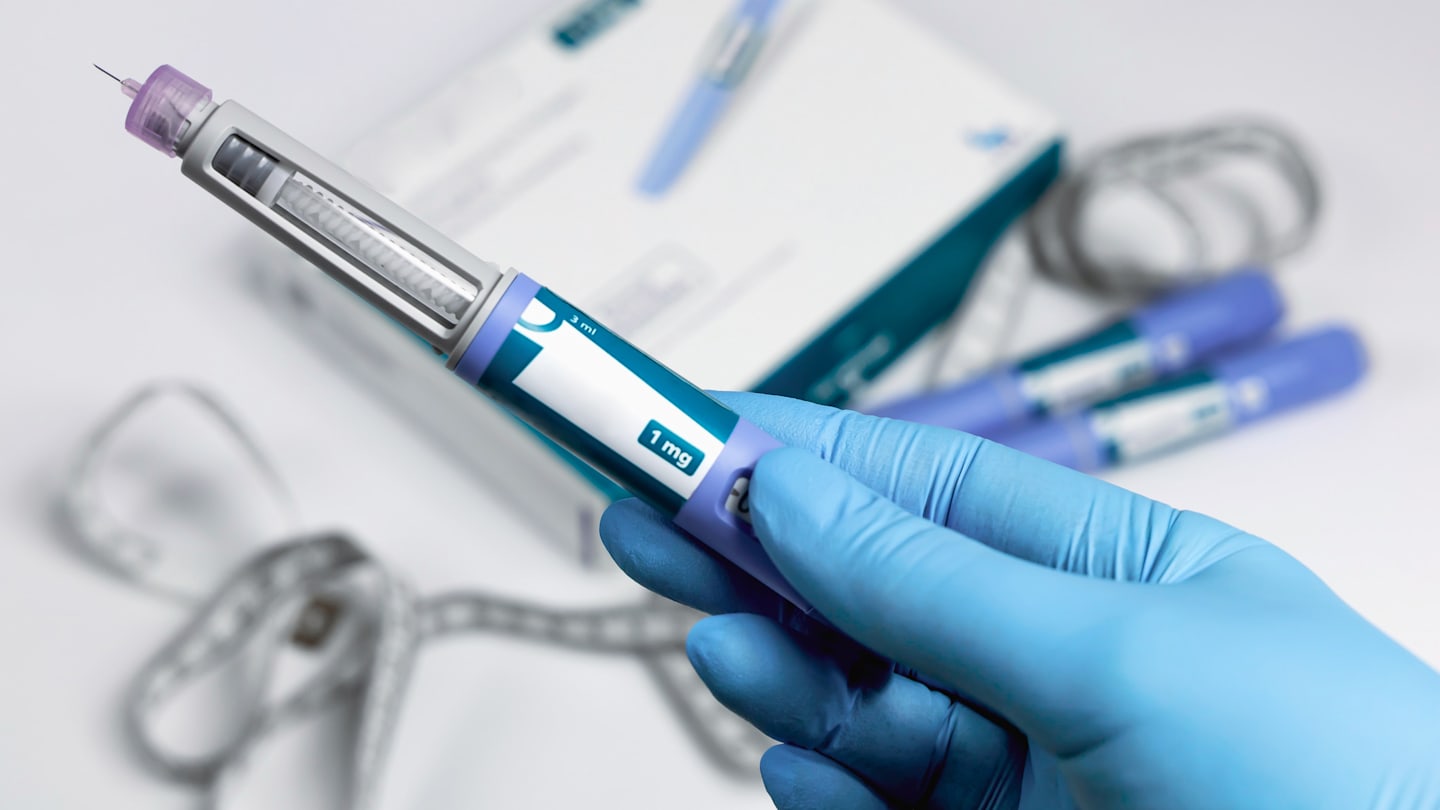Health Care Monitor
A review of health care sector performance, innovation and impact.

Market Highlights
U.S. stock indices hit record highs in the first quarter of 2024, propelled by optimism around the economy and interest rates. Solid corporate earnings growth also helped the S&P 500 Index gain more than 10%.
In such a strong period for stocks, the Health Care sector registered gains but trailed the broad market. Within the Russell 3000 Health Care Index, every industry rose.
Pharmaceuticals stocks performed best, led by obesity drug makers. Health Care Providers and Services stocks generally gained the least because of worries about Medicare reimbursement rates, regulatory oversight and business disruption from a cyberattack.
Uptick in Surgical Procedures Benefit Medical Device Companies
In early 2024, several prominent medical device companies issued positive earnings results and outlooks.1
That contrasts with earnings and outlooks resulting from a series of challenges going back to 2020, when elective surgical procedures decreased thanks to the impacts of the coronavirus and the Great Resignation on hospital staffing. Medical device companies have also faced supply chain disruptions and rising inflation, weighing on profits. And their stock prices have been negatively impacted by investor fears that obesity drugs would lead to fewer medical device procedures.
But over the course of the last year, many of these factors have turned back in the companies’ favor. Inflation woes and supply chain issues eased. And health care employment issues largely resolved by mid-2023.2
The effect of obesity drugs on procedures is more nuanced. For example, in its fourth-quarter 2023 earnings report, Intuitive Surgical said that the number of bariatric surgeries performed with its devices had grown, but at a slower rate than in the past.3 This is attributable to patients having opted for drugs to treat obesity. Meanwhile, Stryker has highlighted the benefit that obesity drugs will have on orthopedic surgery volumes. In the short run, rapid weight loss will help ineligible people become eligible for surgeries sooner. In the long run, large-scale weight loss will likely result in more orthopedic surgeries as people increase their activity levels.
Aging Population Should Support Medical Device Firms
Many medical device companies are aligned with enduring trends driving procedure growth over time. Specifically, an aging global population is leading to the need for more joint replacement surgery. Age is the strongest predictor of the development and progression of osteoarthritis, one of the 10 most-disabling diseases in developed countries.
Joint replacement surgery (hip and knee replacement) is considered the most effective intervention for severe osteoarthritis and hip fractures. In Japan, approximately 60,000 total hip replacements and 82,000 total knee and partial knee replacements are performed annually, with these numbers expected to rise due to the nation’s aging population.4
Stryker is an innovative medical device manufacturer whose MAKO robotics platform is the leader in knee procedures and is expanding to other orthopedic areas. The company has a strong management team that has consistently driven organic revenue growth faster than the industry. The company also has attractive high operating margins. Our analysis indicates Stryker’s business is consistent with the social impact goals of new or innovative treatments for diseases, as well as access to medicines and services in developed and emerging markets.
¹Reuters, “Intuitive Beats Estimates as Rebound in Surgeries Boost Demand for Its Robots,” January 23, 2024.
²Molly Gamble, “The Great Resignation Is a Now Misleading Storyline for Hospitals: Analysis,” Becker’s Hospital Review, January 22, 2024.
³Motley Fool Transcribing, “Intuitive Surgical (ISRG) Q4 2023 Earnings Call Transcript,” January 23, 2024.
⁴Stryker, Annual Review, 2019.
Authors
Download the Full Report
Many of American Century's investment strategies incorporate the consideration of environmental, social, and/or governance (ESG) factors into their investment processes in addition to traditional financial analysis. However, when doing so, the portfolio managers may not consider ESG factors with respect to every investment decision and, even when such factors are considered, they may conclude that other attributes of an investment outweigh ESG considerations when making decisions for the portfolio. The consideration of ESG factors may limit the investment opportunities available to a portfolio, and the portfolio may perform differently than those that do not incorporate ESG considerations. ESG data used by the portfolio managers often lacks standardization, consistency, and transparency, and for certain companies such data may not be available, complete, or accurate.
Investment return and principal value of security investments will fluctuate. The value at the time of redemption may be more or less than the original cost. Past performance is no guarantee of future results.
The opinions expressed are those of American Century Investments (or the portfolio manager) and are no guarantee of the future performance of any American Century Investments' portfolio. This material has been prepared for educational purposes only. It is not intended to provide, and should not be relied upon for, investment, accounting, legal or tax advice.
References to specific securities are for illustrative purposes only, and are not intended as recommendations to purchase or sell securities. Opinions and estimates offered constitute our judgment and, along with other portfolio data, are subject to change without notice.
©2024 Standard & Poor's Financial Services LLC. All rights reserved. For intended recipient only. No further distribution and/or reproduction permitted. Standard & Poor's Financial Services LLC ("S&P") does not guarantee the accuracy, adequacy, completeness or availability of any data or information contained herein and is not responsible for any errors or omissions or for the results obtained from the use of such data or information. S&P GIVES NO EXPRESS OR IMPLIED WARRANTIES, INCLUDING, BUT NOT LIMITED TO, ANY WARRANTIES OF MERCHANTABILITY OR FITNESS FOR A PARTICULAR PURPOSE OR USE IN CONNECTION TO THE DATA OR INFORMATION INCLUDED HEREIN. In no event shall S&P be liable for any direct, indirect, special or consequential damages in connection with recipient's use of such data or information.





